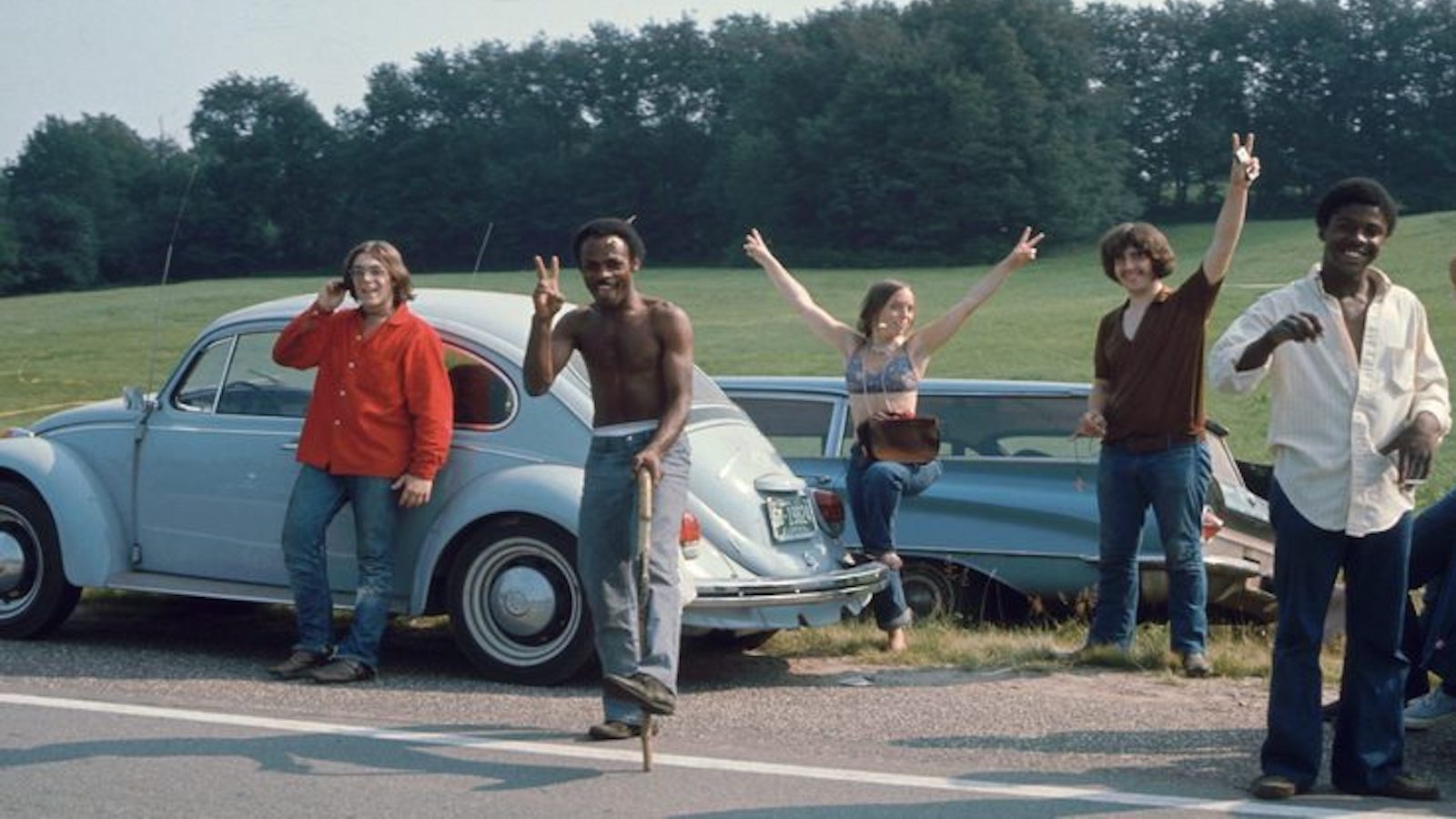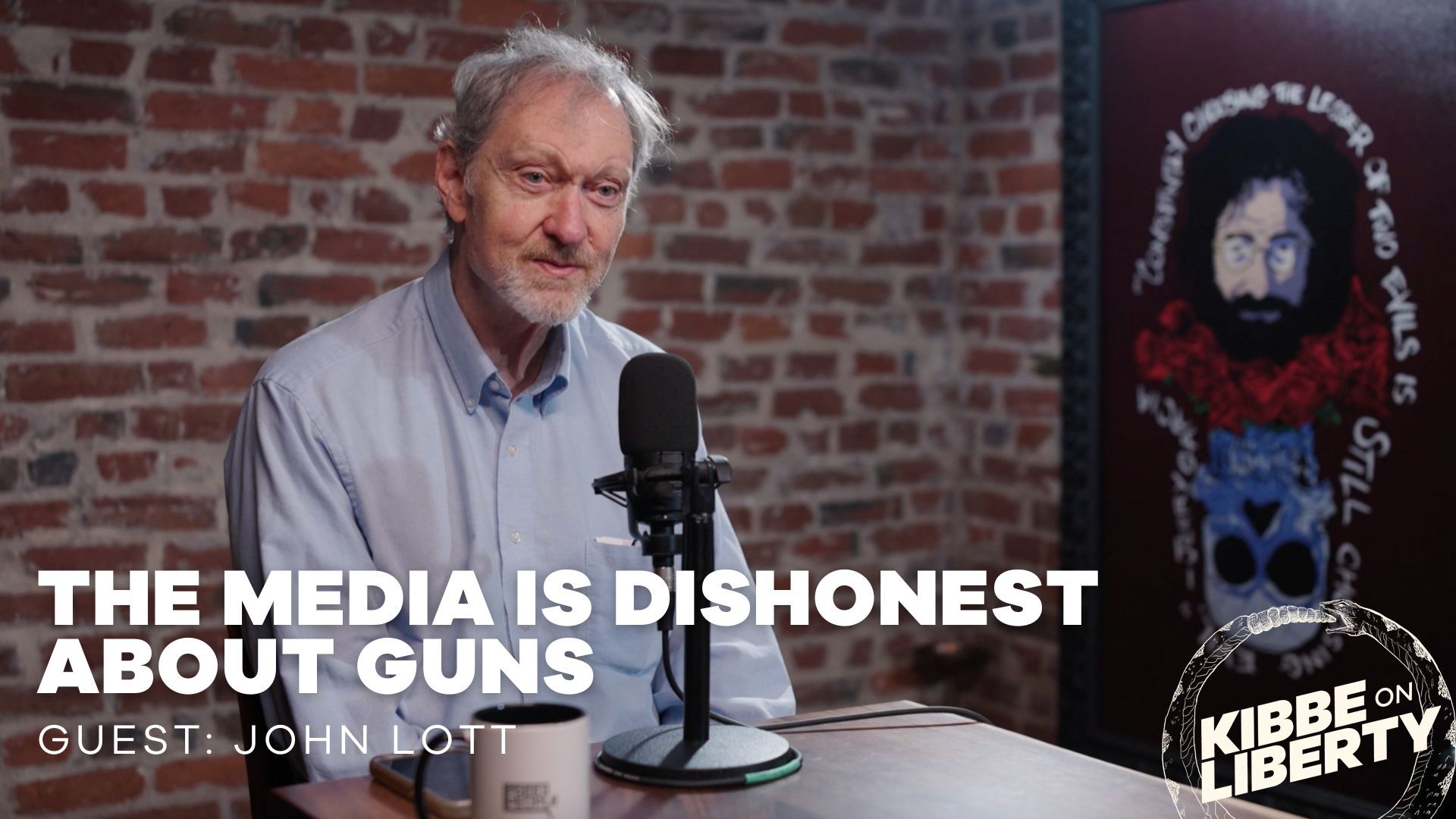
The Music Never Stopped During the 1968 Pandemic
“Everybody do just what you want to do.” It’s December 21st, 1968, and Bob Weir is egging on rowdy fans from the stage of the iconic Shrine Auditorium in Los Angeles. The Grateful Dead are on fire, having just burned through a rough and ready version of Elmore James’ ‘It Hurt’s Me Too.’ If you’re a true DeadHead, you already know that this was an amazing show. But for the band beyond description, it was just another night on their relentless, spontaneous musical journey. According to DeadBase, a Bible of sorts for hardcore Dead fans, between September 1, 1968 and December 31st, 1969, the Dead would play 177 concerts in the U.S. That’s right, the music never stopped.
All of which is newly relevant because this deal goes down in the midst of a global pandemic that would kill an estimated one million people, according to the CDC:
The Hong Kong Flu of 1968 was carried to the United States by soldiers returning from the Vietnam War, mostly through the Oakland Army Base, located near the San Francisco Bay Bridge. San Francisco was ground zero during the most deadly first spike. And still, from the start of the outbreak through the end of May 1969, the Grateful Dead would play 47 shows in the San Francisco Bay area, their home town.
The Grateful Dead were surely the most prodigious band playing through the pandemic, but they were hardly alone.
The Rolling Stones, at the height of their powers, launched a North American tour on November 7, 1969, playing 29 shows in 16 cities, and then additional dates in December 1969 in London, the epicenter of the second wave of Hong Kong Flu infections. Their iconic live album, Get Yer Ya-Ya’s Out!, my favorite of the Stones discography, documents this tour. A little known band named Led Zeppelin launched their conquest of North America on December 26th, 1968, eventually playing four consecutive nights at the Dead’s favorite venue in San Francisco, The Fillmore West, in January 1969.
Even the Beatles played through the pandemic. From the rooftop of their Apple Corps headquarters on Savile Row in London, they performed their final live concert on January 30, 1969. To be fair, by that point in their career, John, Paul, Ringo and George were very much into practicing social distancing between each other, and with their fans—hairy hippie harbingers of our modern normal.
I’ve searched around, and it’s very difficult to find anyone voicing any concerns about large groups of people gathering for concerts during the pandemic of 1968 and 1969. Jeffrey Tucker of AIER points out that Woodstock, the most important cultural event of that generation (the Dead would play a somewhat disastrous set in the rain there, too) rolled on smack in the middle of it. Phil Magness, also at AIER, did manage to find a few stodgy editorials seemingly referencing the pandemic. “Even in the absence of homicides and epidemics,” huffed the Chicago Tribune, “Woodstock was not anything for America to rejoice in,” making it clear that their objections had more to do with the very concept of ever allowing “three days of peace, love and music.”
Reuters, part of a new army of official COVID-19 fact checkers, actually felt the need to investigate Tucker’s observation: “Many of the claims seem to reference an article… by the American Institute for Economic Research. The posts have been flagged multiple times as part of Facebook’s efforts to curb misinformation related to the new coronavirus.” Oddly, Reuters originally rated Tucker’s claim “true,” but has now downgraded it as “partly true,” because the deadliest spike in the U.S. happened in the winter of 1969, not later that summer. Maybe the Wall Street Journal needs to fact check the fact checkers here? According to the WSJ coverage from January 23rd, 1970, “The Hong Kong Flu, which plagued the U.S. last year and is hitting Europe hard this year, is back in America again, and at epidemic levels.” It was, in fact, a multiyear epidemic, and Woodstock happened right in its middle.
What a long strange trip it’s been.
On April 21st, 2020 my beloved Dead & Company, featuring most of the surviving members of the Grateful Dead along with guitar wizard John Mayer, announced that they would cancel their entire summer tour due to the COVID-19 pandemic. Band leader Bob Weir, “In an abundance of caution,” also canceled all dates for his other touring band, Wolf Brothers. Phish, another iconic jam band known for their endless touring schedule, followed suit on May 1st. “Due to the ongoing pandemic, we sadly have made the difficult decision to reschedule Phish’s entire 2020 summer tour, now moving to the summer of 2021.”
One can hardly blame the bands for these decisions, given the frenzy of fear coming from the media, governors and, well, just about everyone. Would fans have shown up anyway, like they did throughout the Hong Kong Flu pandemic? We may never know. Among many other considerations, artists, promoters, and venues now operate in a culture where fears real and imagined dominate online clicks, and where the loudest professional worriers on social media demand risk-free spaces that are safe from everything. The live music community may also face a liability threat that is uninsurable. In litigious New York, for example, “venues can make it clear on tickets and post signs to let attendees know they are entering the facilities at their own risk, or have attendees waive their plans to sue. But it does not necessarily shield them from legal liability.”
It’s difficult to imagine how any of this turns out well. Every new cancelation makes it that much harder for musicians to jump out of the herd and play on. The ensuing economic collapse of live concerts in 2020 would wipe out “almost $9 billion if coronavirus quarantines don’t lift by the end of the year,” according to Pollstar. This figure “does not include associated businesses such as transportation, production, marketing, concessions, security, sponsorships, and more.”
Like in every other part of our society during this lockdown, it’s the little guy—upstart bands struggling to make a living playing music, roadies and tour staff, venue personnel, vendors, and the small independent venues themselves—who will suffer most. What will people at the margins do if the entire 2020 concert season is canceled? And who, exactly, decided for them?
These economic disruptions could be catastrophic for almost everyone involved in the music industry, save the most successful artists and executives, who have the personal wealth to ride out the pandemic mostly unscathed.
The rest, some fans included, will pay a big price. After all, lost livelihoods and careers, and even emotional isolation, come with a human toll. The Well Being Trust has attempted to tally these “deaths of despair.” Their latest research points to “rampant unemployment, isolation, and an uncertain future could lead to 75,000 deaths from drug or alcohol abuse and suicide.”
I’m a fanatical DeadHead. I love the spirit of spontaneous discovery and unbounded liberty embodied in the music of the Grateful Dead, and the community that has built up around it over the past 50 plus years. Some of my very favorite music in all the world comes from the impromptu jam sessions that Jerry Garcia would organize at The Matrix on Fillmore in late 1968 and 1969. (If you have any sense at all, you will check them all out at archive.org.) Listening to a show from October 30th, 1968, you get a sense that everyone there was thinking about the choice they had made to be there, to be living in that moment. “We’re really here just playing, just goofing,” Garcia tells the audience, having just played ‘Death Letter Blues.’ “I mean we don’t really have anything in mind. We’re just thrown together by fate. So we’re playing fate music.”
As we wend our way through humanity’s latest pandemic, I’m sad for lost music, lost joy, and the postponing of lives lived well. Live music is a wonderful escape, even therapy for many of us, and nothing’s gonna bring it back. We won’t get to redo these lost experiences, even if things return to normal, whatever normal is permitted to look like in the future.
So I ask, what’s so different today? Where’s the spirit of ‘68? Have we really become this fragile? Is it smart, or healthy, to keep living in fear, sheltered from all real and imagined risks that might come our way?
As Jerry used to sing: “you and me bound to spend some time wondering what to choose. It costs a lot to win, and even more to lose.”
After COVID-19 there will surely be another impending threat for politicians and the media to latch onto, something to drive panicked votes and clicks. One way or another, this darkness got to give.



